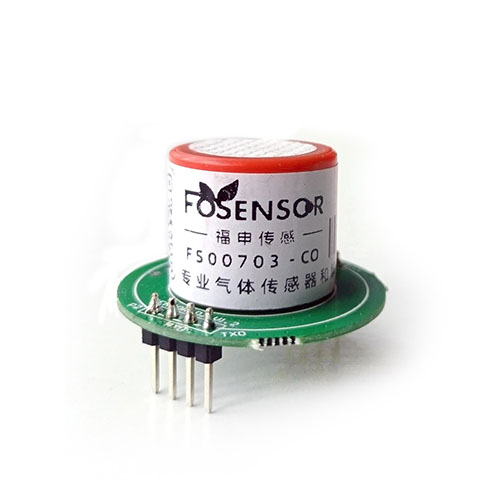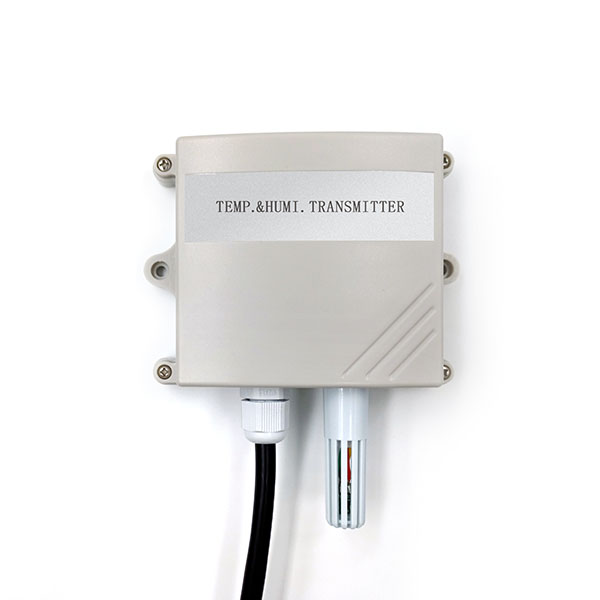Sensor to measure air quality
With the continuous acceleration of urbanization and the advancement of industrialization, air quality has become an important factor affecting people’s quality of life. To better monitor and improve air quality, sensor technology is widely used in this field. This article will explore the importance of Sensor to measure air quality and the development trends in this field.
The importance of Sensor to measure air quality
1.Impact of air pollution on health
Air quality is directly related to people’s health. Poor air quality can lead to health problems such as respiratory disease and cardiovascular disease. By monitoring the concentration of pollutants in the air through sensors, potential health threats can be detected and responded to in a timely manner.
2.The need for environmental protection
Air pollution is not only harmful to human health, but also has a serious impact on the ecological environment. Monitoring air quality helps to detect pollution sources in time and take measures to reduce pollutant emissions, thereby protecting the environment and maintaining ecological balance.
3.Urban planning and improvement
Urban air quality is directly related to the quality of life of urban residents. Through sensor monitoring, urban planners can more accurately understand the air quality conditions in different areas, carry out targeted improvements and planning, and enhance urban livability.
Application of sensors in air quality measurement
The Particle Matter sensor is used to detect tiny particles in the air, such as PM2.5 and PM10. These particulate matter are one of the main components of air pollution and pose a great threat to human health. The particle sensor provides accurate particle concentration data through real-time monitoring, providing strong support for health protection.
2.Gas sensor
Gas sensors are used to detect the concentration of various harmful gases in the air, such as sulfur dioxide, carbon monoxide, ozone, etc. These gases come from industrial emissions, traffic exhaust, etc., and are directly related to the quality of the air. Sensors help decision makers take timely measures to reduce harmful gas emissions by monitoring gas concentrations in real time.
3.Temperature and Humidity Sensor
Temperature and Humidity Sensor is used to monitor the temperature and humidity in the air. These two factors have an important impact on air quality and are directly related to human comfort. Through the monitoring of temperature and humidity sensors, we can better understand environmental conditions and provide scientific basis for indoor air control.
Development trend of Sensor to measure air quality
1.Intelligent and IoT applications
As IoT technology continues to develop, air quality sensors will become more intelligent. Data interconnection can be achieved between sensors to form an air quality monitoring network to achieve real-time data transmission and remote monitoring. This provides more data support for urban planning and environmental protection.
2.High precision and diversification
Future air quality sensors will pay more attention to the accuracy and comprehensiveness of data. High-precision sensors will be able to provide more refined data. At the same time, diversified sensors will be able to monitor multiple pollutants at the same time and gain a comprehensive understanding of air quality conditions.
3.Big data and artificial intelligence analysis
The massive data generated by sensors needs to be analyzed and processed with the help of big data and artificial intelligence technology. Through deep mining of data, hidden patterns and trends can be discovered, providing more scientific decision-making support for environmental protection and urban planning.
To sum up, Sensor to measure air quality plays an irreplaceable role and is of great significance to improving the environment, protecting health and promoting sustainable urban development. In the future, with the continuous advancement of technology, air quality sensors will be more intelligent and accurate, making greater contributions to building a fresh and livable urban environment.








